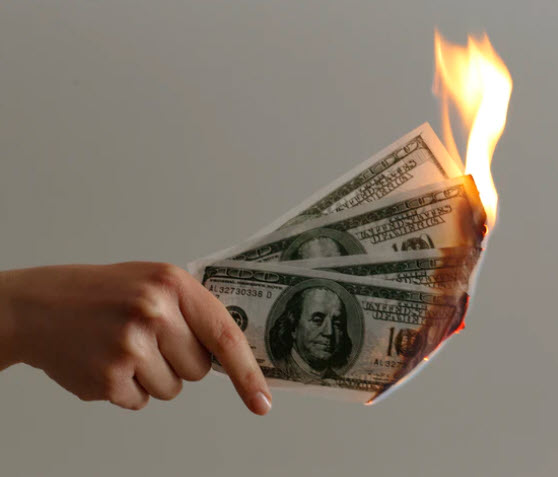Which Way Mortgage Interest Rates? Leave Forecasting to the Experts – Lock in Your Low Mortgage Rate Now
Low Mortgage – There has been a lot of buzz recently about possible inflation, price hikes, interest rate pressure, and economic growth outlook. Interest rates have remained at historic lows for more than a decade since the economy began climbing out of the 2008 recession.
While government policy has significantly influenced keeping rates low, many experts are still puzzled at the length of this low-interest-rate cycle. A New York Times article published late last year reported that “Economists don’t entirely know why rates have been so low for so long..”
A few months ago, CNBC reported that the Fed was signaling its intent to keep interest rates low to help stimulate the recovery from Covid-19, and suggested, “That means many Americans could refinance debt to save money.” 
However, just this week, the Wall Street Journal reported that higher than anticipated inflation rates could pressure the Fed to increase interest rates rather than continue to keep them near zero as previously expected.
On the other hand, a separate Wall Street Journal article suggested that higher inflation doesn’t necessarily have to translate to higher interest rates and outline an approach of increasing production that the Biden administration is supporting to fight more elevated prices.
So, which way are interest rates headed? Even the experts aren’t in agreement on whether rates will rise soon or continue at the historic low levels we’ve enjoyed for so long.
Mortgage Interest Rate Impact
Inflation and economic uncertainty can directly impact the interest rate you pay for your mortgage if you are looking to finance or refinance your home. Many people wonder what all the fuss is about small interest rate changes and all the political dialogue that swirls around these conversations, especially when no one can agree on where things will end up. You may conclude, “So rates go up a quarter of a percent. What’s the big deal?”
The big deal is that even slight interest rate differences can add up to a significant amount of money you pay out over a 30-year mortgage. A one-quarter of one-half percent lower rate translates to thousands of dollars saved over the life of the mortgage.
For example, on a $300,000 home purchase with a 25% down payment and a 3.0% interest rate on a 30-year mortgage, you would pay approximately $155,322 in interest over the life of the loan. Increasing the interest rate to just 3.25% results in a total interest of approximately $170,022 over the life of the same loan. That’s a difference of $14,700 in savings by lowering the interest rate by a mere .25%.
Interest Rate Certainty Among Uncertainty
 The good news is that even among all this uncertainty, one particular fact: mortgage interest rates are still at historic low levels as of this writing. Predicting where they will go from here is tricky business, but there is little chance that they could go down any further.
The good news is that even among all this uncertainty, one particular fact: mortgage interest rates are still at historic low levels as of this writing. Predicting where they will go from here is tricky business, but there is little chance that they could go down any further.
If the pandemic has impacted you or your business, many flexible programs can still help you qualify to take advantage of favorable rates.
Which way will rates go? It’s hard to tell. But one thing is certain: for now, they are still at historic low levels. By acting today to refinance your mortgage, you could save thousands of dollars in additional interest. You’ve really got nothing to lose
There have been many buzzes recently about possible inflation, price hikes, interest rate pressure, and economic growth outlook. Interest rates have remained at historic lows for more than a decade since the economy began climbing out of the 2008 recession.
While government policy has significantly influenced keeping rates low, many experts are still puzzled at the length of this low-interest-rate cycle. A New York Times article published late last year reported that “Economists don’t entirely know why rates have been so low for so long..”
A few months ago, CNBC reported that the Fed was signaling its intent to keep interest rates low to help stimulate the recovery from Covid-19, and suggested, “That means many Americans could refinance debt to save money.”
However, just this week, the Wall Street Journal reported that higher than anticipated inflation rates could pressure the Fed to increase interest rates rather than continue to keep them near zero as previously expected.
On the other hand, a separate Wall Street Journal article suggested that higher inflation doesn’t necessarily have to translate to higher interest rates and outline an approach of increasing production that the Biden administration is supporting to fight more elevated prices.
So, which way are interest rates headed? Even the experts aren’t in agreement on whether rates will rise soon or continue at the historic low levels we’ve enjoyed for so long.
Call (801) 449-9377 today, or get click here to get a quote.

